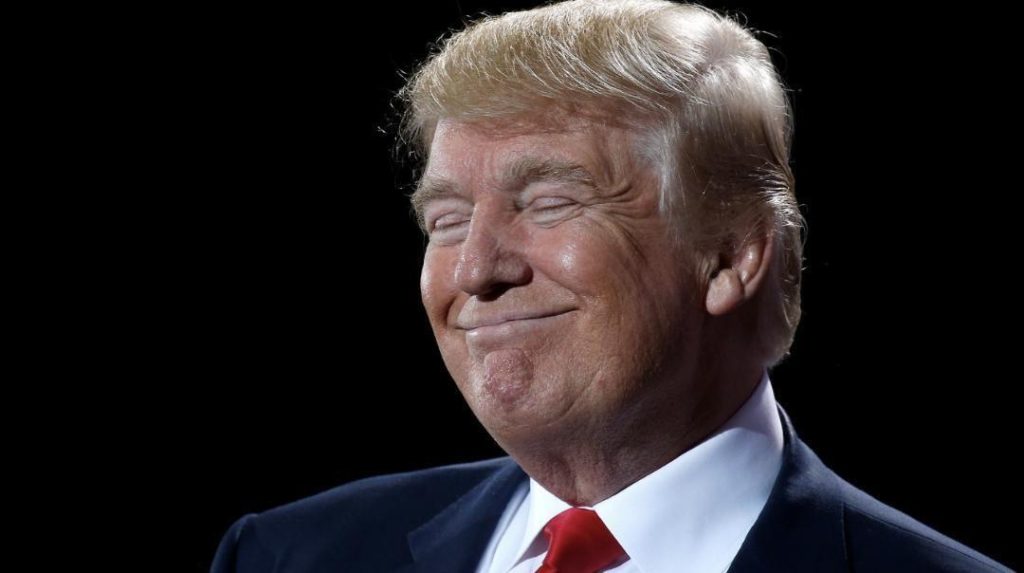
Title: After Pakistan & Israel, Cambodia Nominates Trump for Nobel Peace Prize
In a surprise move, Cambodia has officially nominated US President Donald Trump for the Nobel Peace Prize, citing his “visionary and innovative diplomacy.” This news comes on the heels of Pakistan and Israel previously nominating Trump for the prestigious award. While many may be surprised by these nominations, Cambodia’s decision is not without merit, and in this blog post, we’ll explore the reasons behind this move and what it may mean for Trump’s legacy.
The official statement from Cambodia’s nomination reads: “Trump’s extraordinary statesmanship…was most recently demonstrated by his decisive role in brokering an immediate ceasefire between Cambodia and Thailand.” This ceasefire, which was brokered in February 2020, brought an end to a long-standing border dispute between the two countries. While some may question the relevance of this nomination, given Cambodia’s history of authoritarianism and human rights abuses, it’s clear that the country is trying to make a statement about Trump’s diplomatic prowess.
Pakistan and Israel previously nominated Trump for the Nobel Peace Prize in 2018 and 2019, respectively. At the time, many critics were quick to point out the irony of these nations, which have been involved in numerous conflicts and human rights abuses, nominating a US President known for his divisive rhetoric and controversial policies. However, Cambodia’s nomination takes a different approach, focusing on Trump’s role in brokering international agreements and promoting peace.
So, what does this nomination say about Trump’s legacy? On one hand, it’s a testament to his ability to negotiate with world leaders and bring about peace agreements. Trump’s foreign policy, which has been marked by a focus on bilateral agreements and a rejection of multilateralism, has led to some significant breakthroughs in areas such as trade and diplomacy. The ceasefire between Cambodia and Thailand, which Trump helped broker, is just one example of this.
On the other hand, this nomination also raises questions about the credibility of the Nobel Peace Prize and the motivations behind these nominations. Is the prize still relevant in today’s world, or has it become a tool for nations to curry favor with powerful leaders? The Nobel Committee has faced criticism in recent years for its lack of diversity in its winners, and the nomination of Trump, a polarizing figure with a controversial record, only adds to the debate.
Furthermore, it’s worth noting that Cambodia’s nomination of Trump comes at a time when the country is facing increased international scrutiny over its human rights record. The UN has criticized Cambodia’s government for its suppression of opposition parties and the media, and the country has faced calls for sanctions and boycotts in response. In this context, the nomination of Trump, a leader known for his authoritarian tendencies and criticism of the media, raises questions about the compatibility of his values with those of the Nobel Prize.
In conclusion, Cambodia’s nomination of Trump for the Nobel Peace Prize is a surprising move that raises more questions than answers. While it’s clear that the country is trying to make a statement about Trump’s diplomatic abilities, it’s also important to consider the motivations behind this nomination and the implications for the Nobel Prize itself. As the world continues to grapple with the complexities of international diplomacy and the role of powerful leaders, it’s essential to remain critical and nuanced in our assessment of these developments.
Source:



